Veganism is not just a passing trend—it is a way of life for those wanting to live more ethically. Avoiding consumption of food items derived from animals is only the first step. Vegans also avoid the purchase and use of animal-derived products such as leather and even skip using products that are tested on animals.
Vegans are conscious about all their choices, from cosmetics to clothing, they make sure that what they consume is free from animal cruelty and animal derivatives. As the world becomes more conscious of environmental hazards, more people than ever are turning towards veganism to reduce the impact of traditional diets on the environment. And of course for the added health benefits of going vegan.
Transitioning to a vegan lifestyle requires a proper approach and it is not something that can be done on a whim. Understanding what a Vegan lifestyle entails along with its pros and cons is important.
The Pros:
- Reduced risk of cardiometabolic diseases like heart disease and type 2 diabetes.
- Helps in weight loss due to its restricted diet.
- Free from animal cruelty as it is against harming and killing animals.
- Reduces environmental impact in terms of lower water consumption, land degradation, and wastage.
- Morally responsible.
The Cons:
- Lacks essential nutrients like calcium, vitamin B12, etc.
- Not recommended for people with certain health conditions and dietary requirements.
- Difficult to find vegan alternatives when eating out.
- Increase in greenhouse emissions from the transport of vegan-friendly foods.
Effective Tips to Adopt Veganism
Once we've educated ourselves on the topic it becomes easier to change our lifestyle accordingly. Here are some tips and tricks you can implement as someone new to veganism.
Conclusion
A vegan lifestyle is much more than eating a bunch of vegetables, to ensure that you have a healthy balanced diet you need to incorporate a variety of different foods too. You need to also be mindful of your eating habits and make sure that you’re eating enough calories to fulfill your body’s requirements.
Take small steps, remember why you wanted to become vegan in the first place, educate yourself about food and nutrition, plan your meals, and don’t shy away from experimenting and have a group of friends or like-minded individuals cheering you on. This World Vegan Day, Go vegan. The planet will thank you for it.
























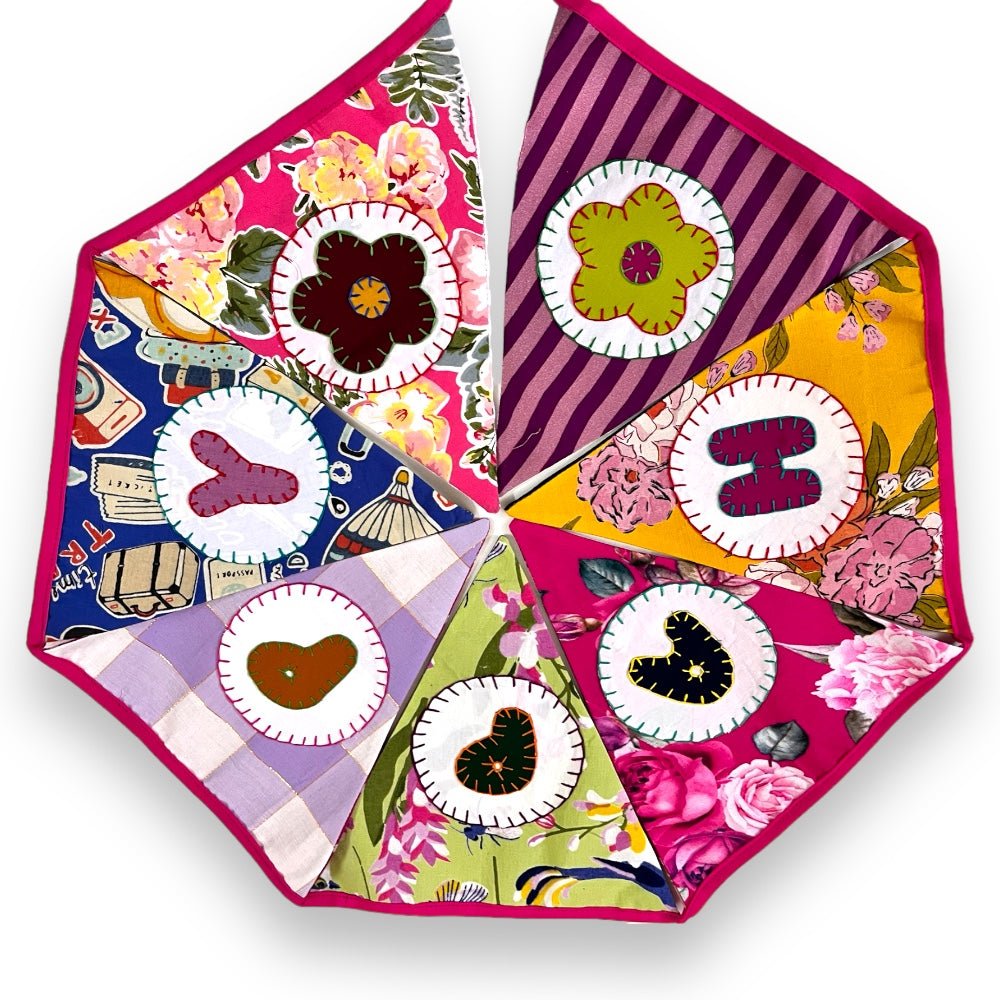
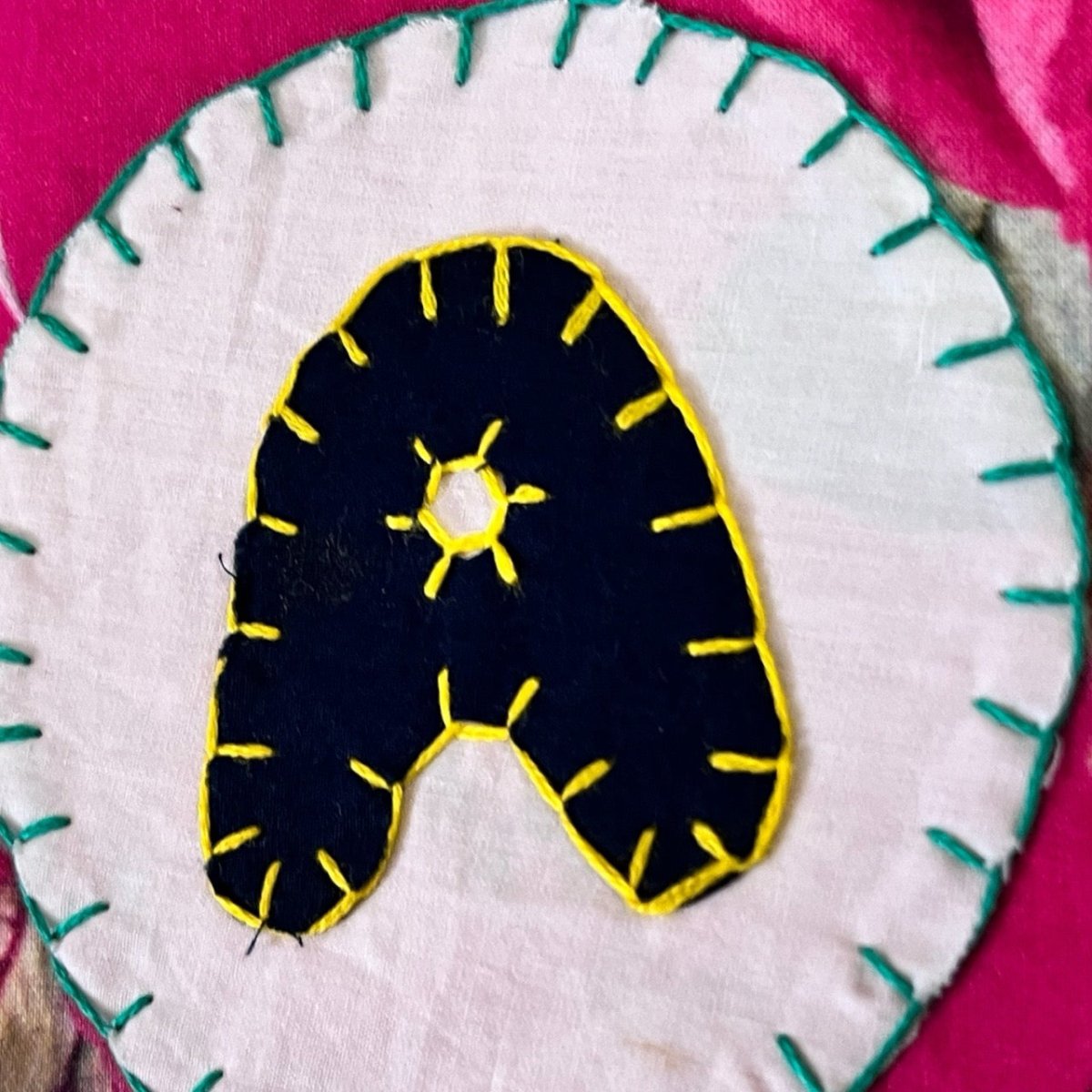

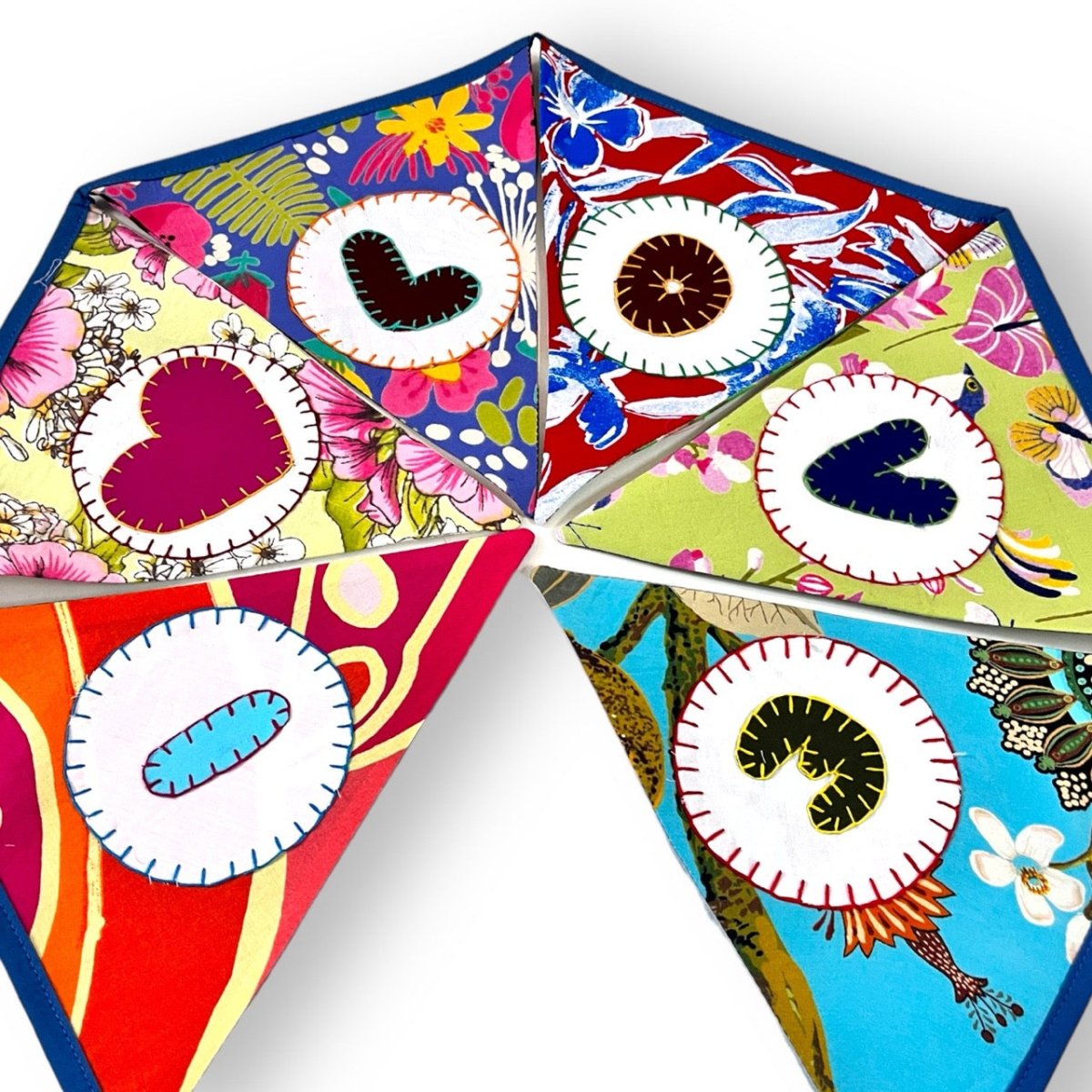
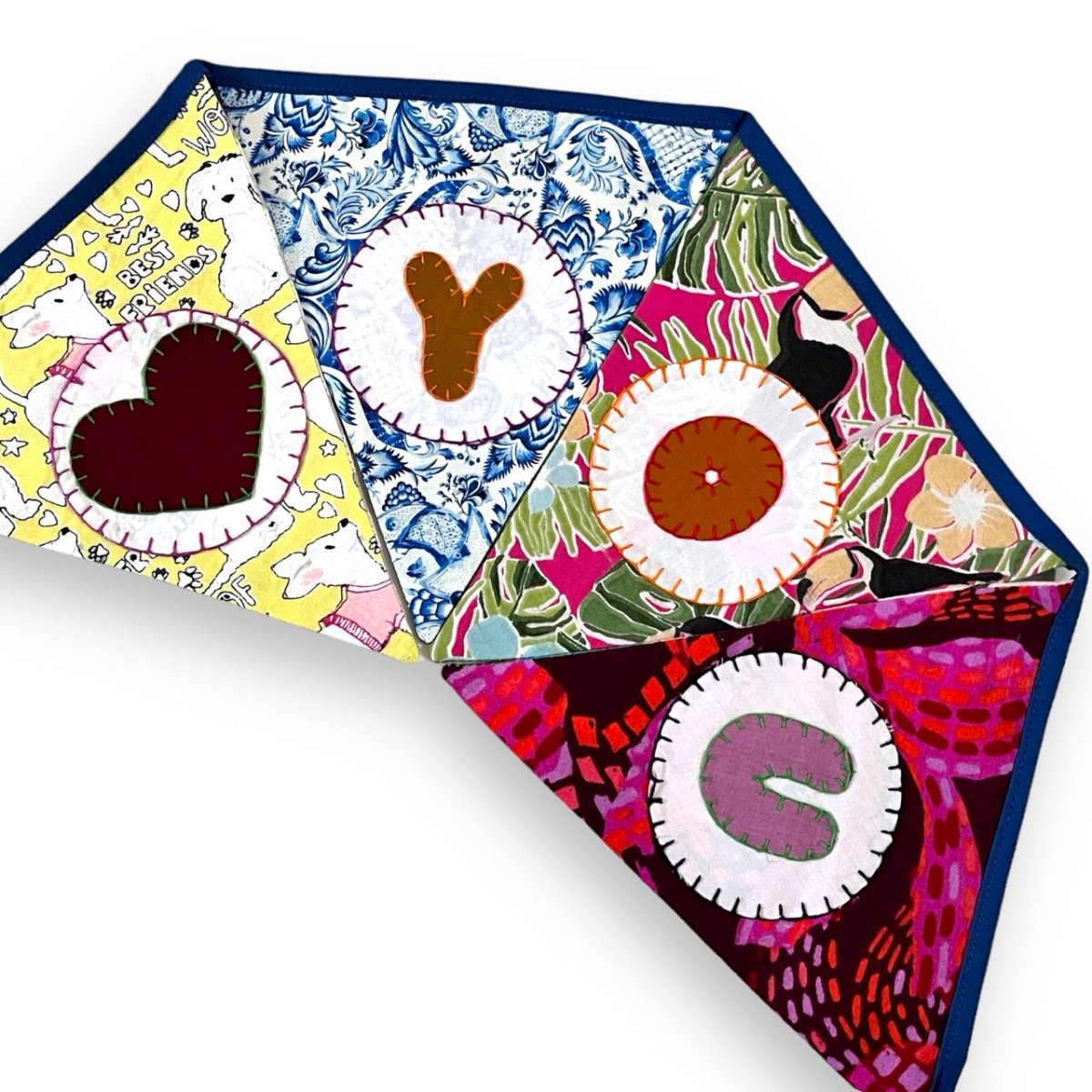


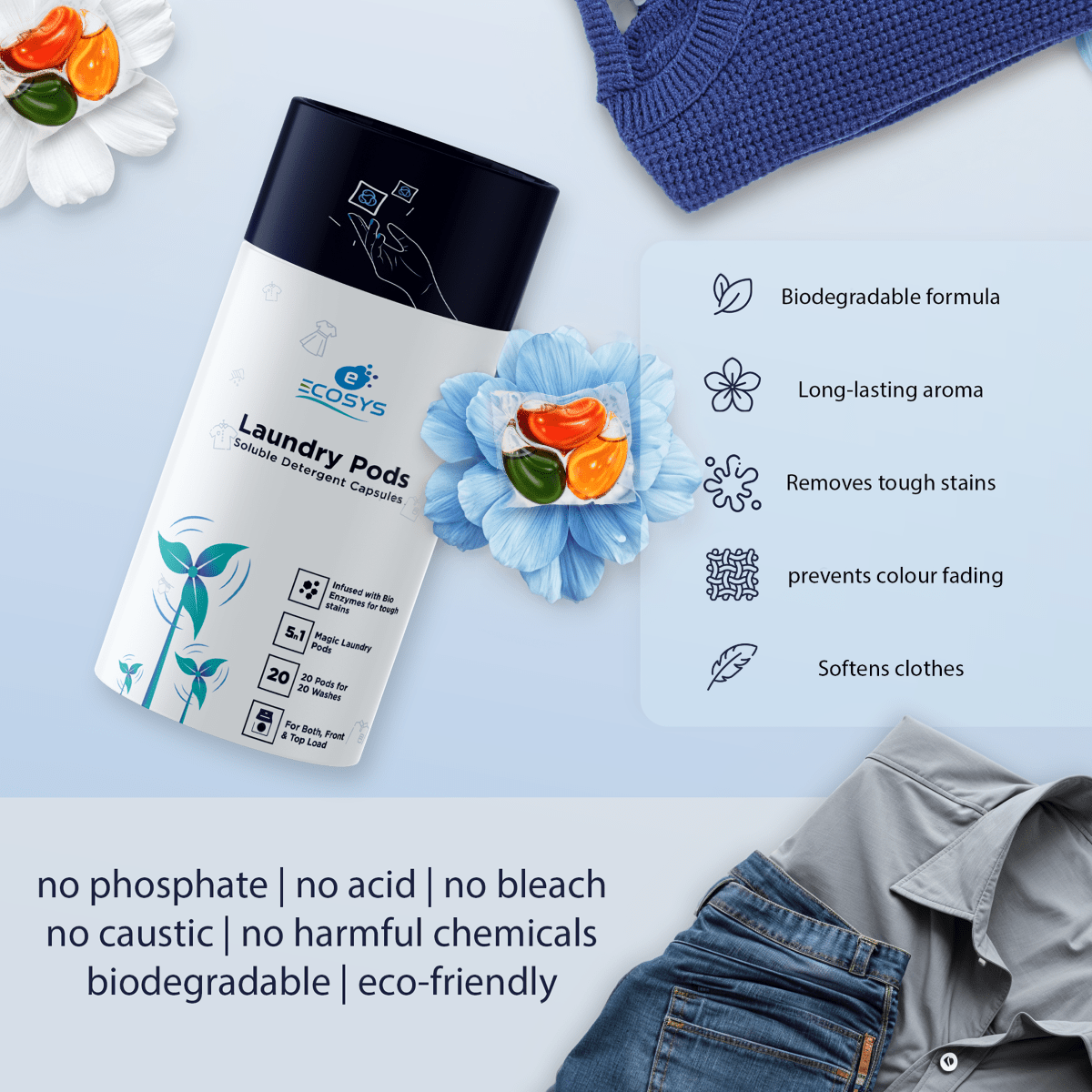

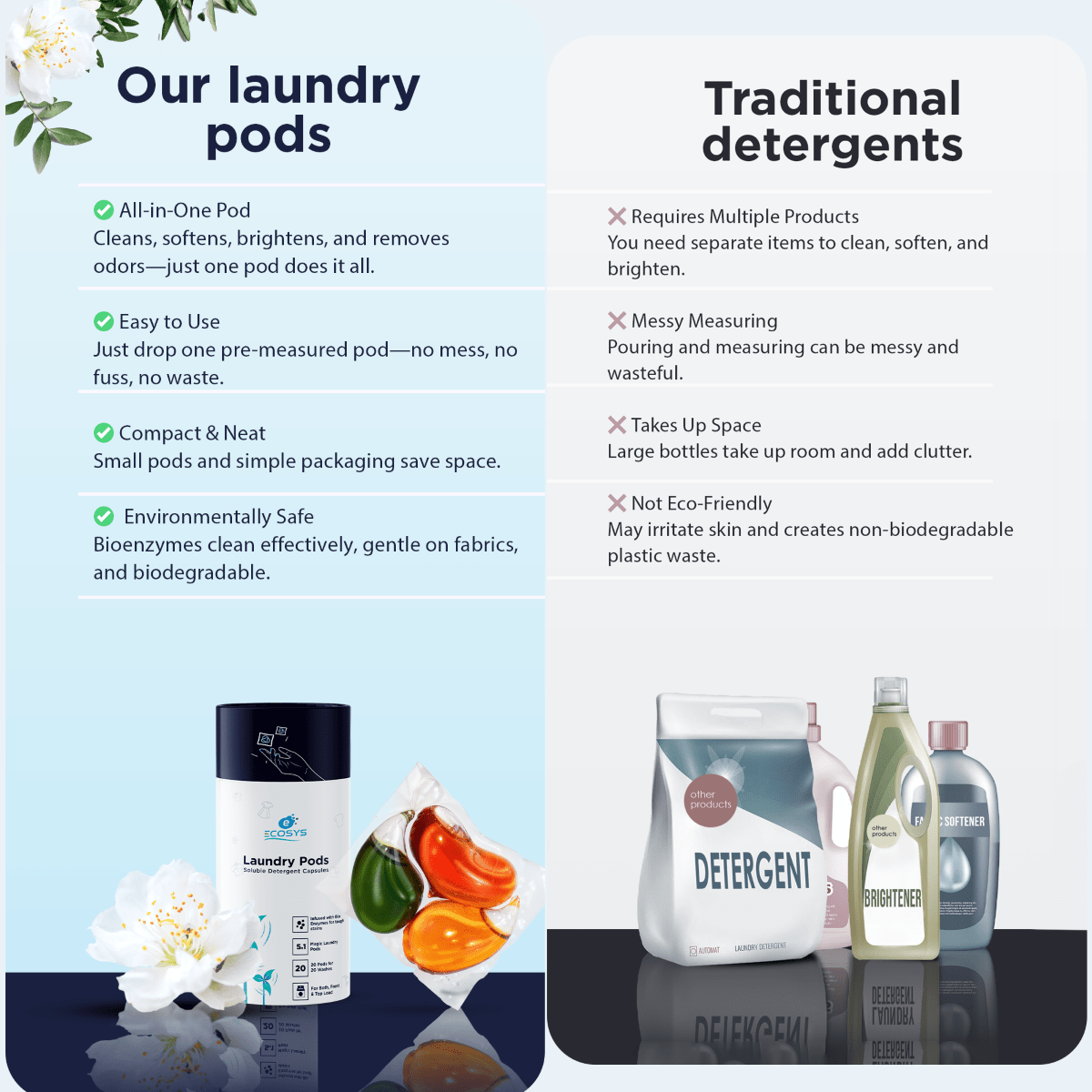



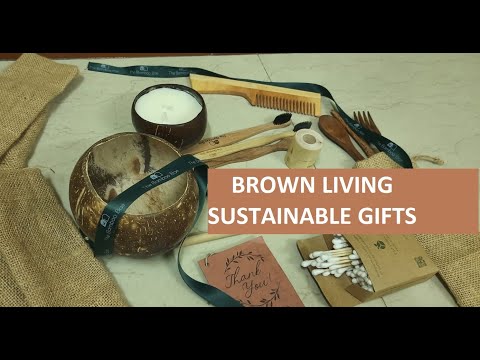












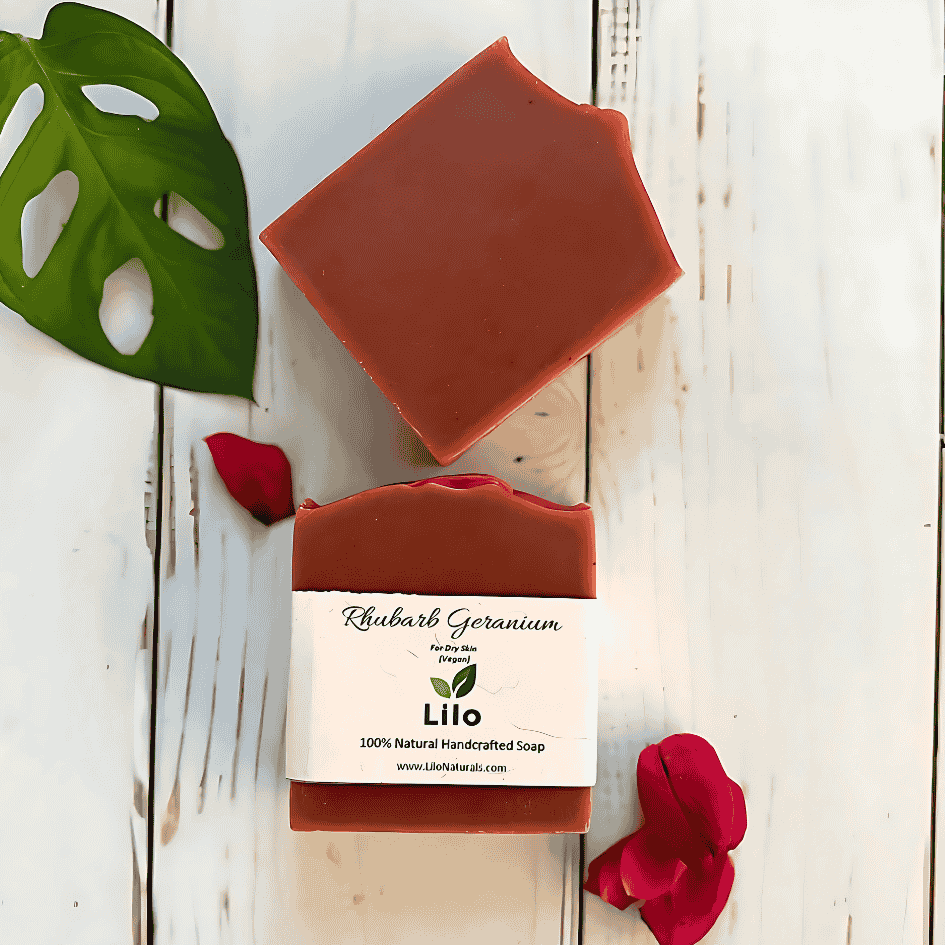

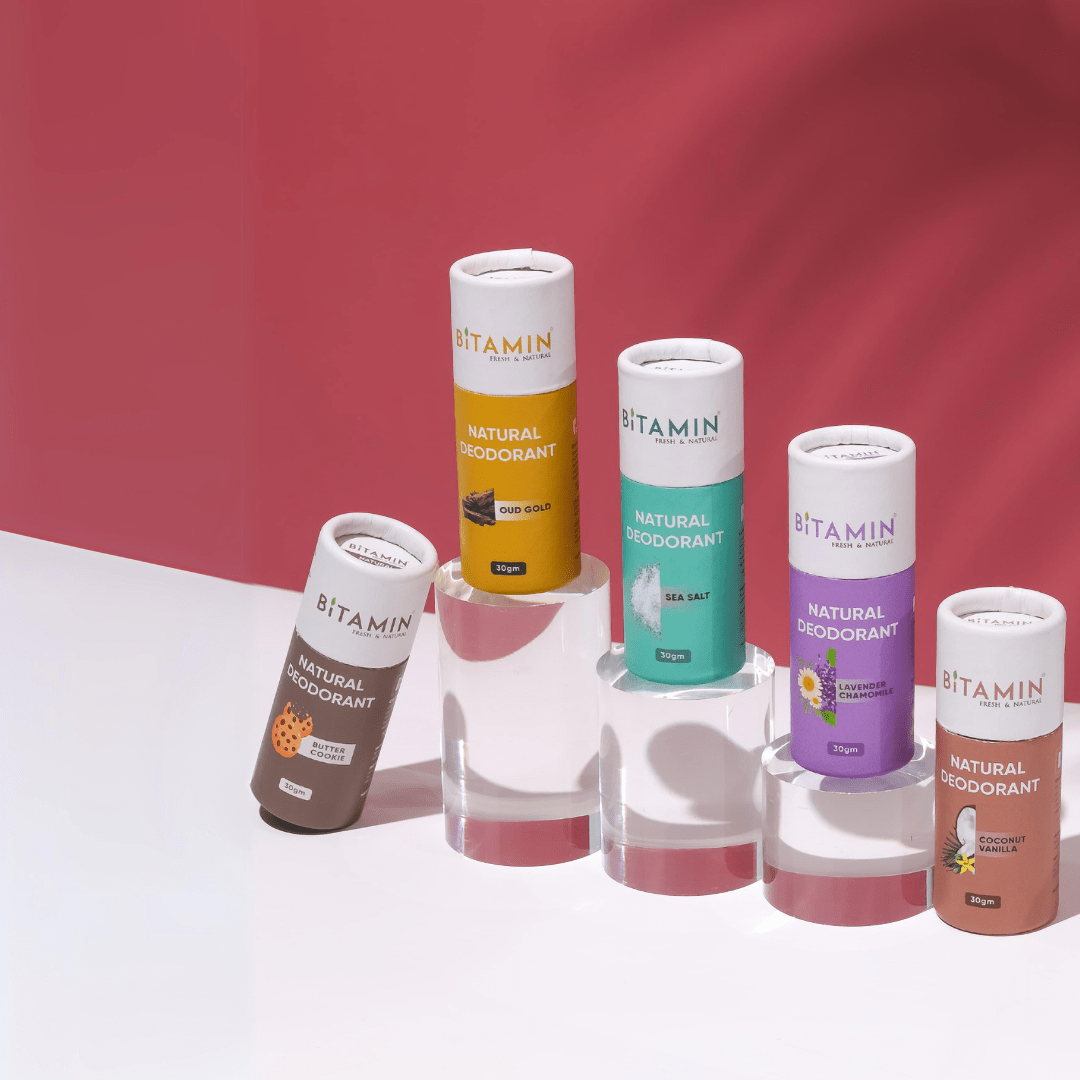


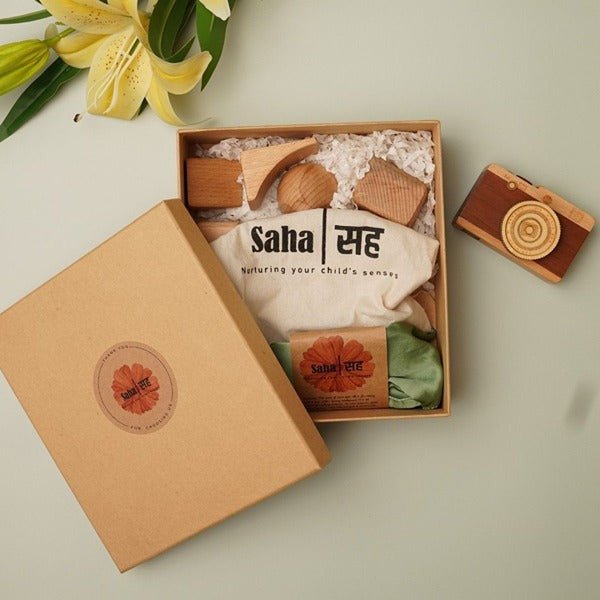



Share:
Vegan Meal Ideas for Special Occasions and Celebrations
The Health Benefits of a Vegan Diet: What Science Says